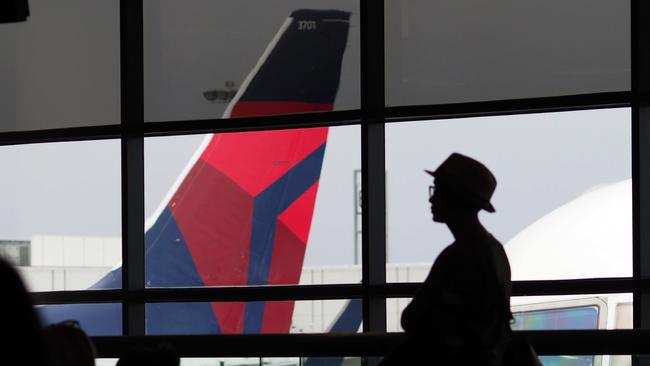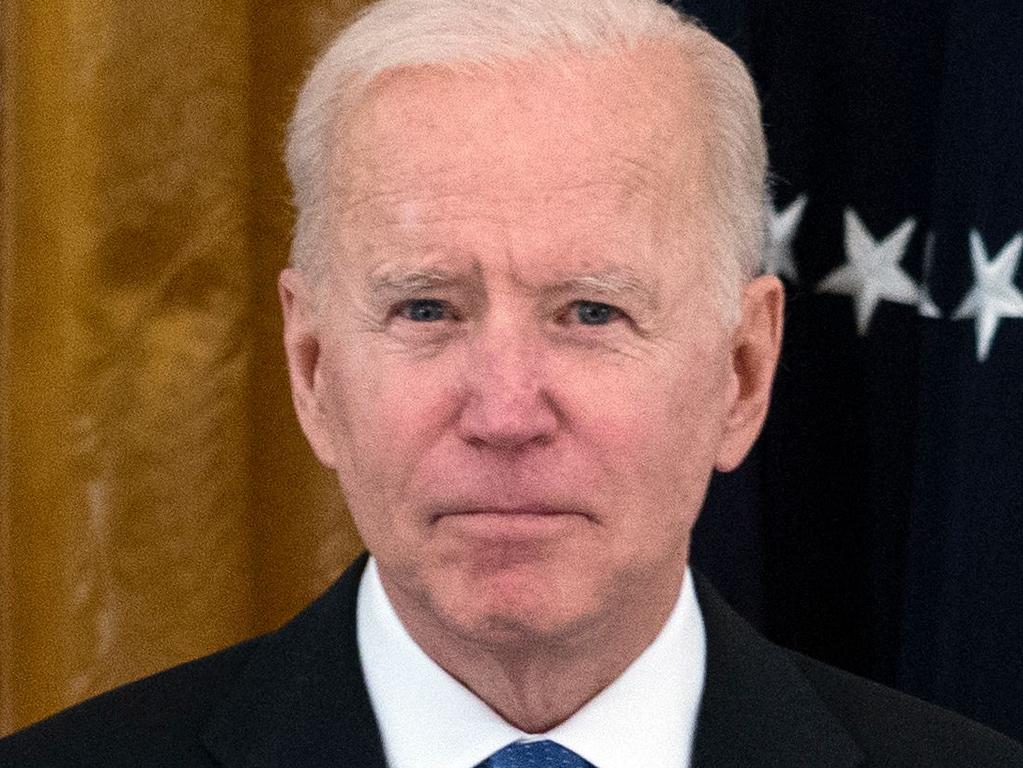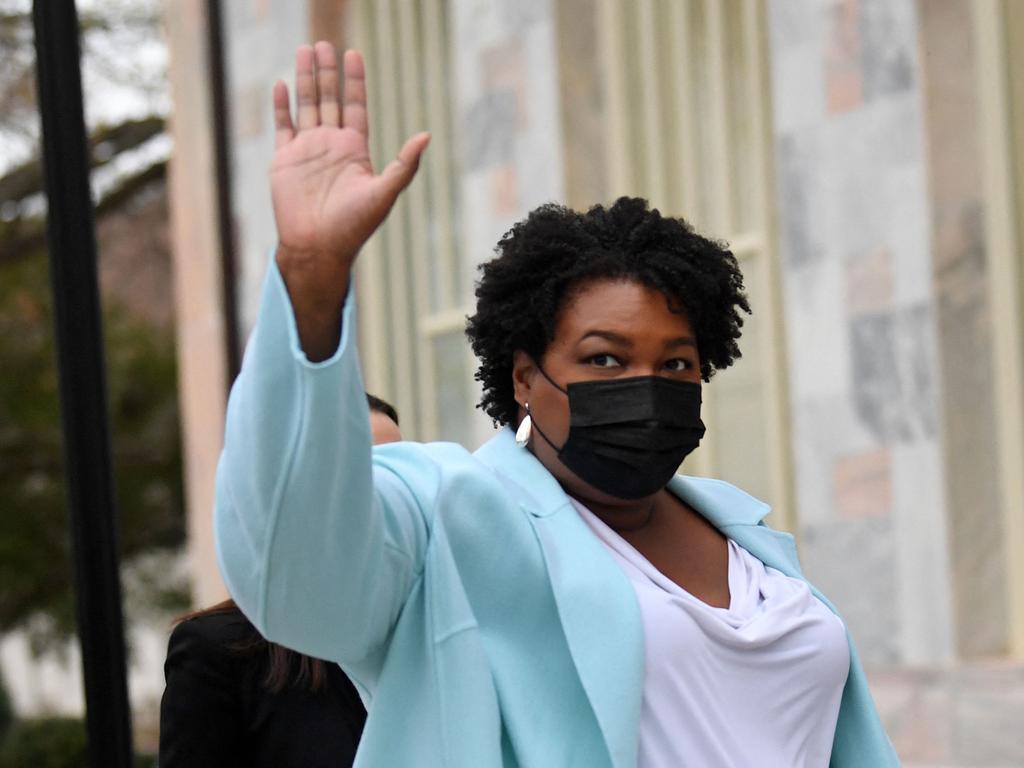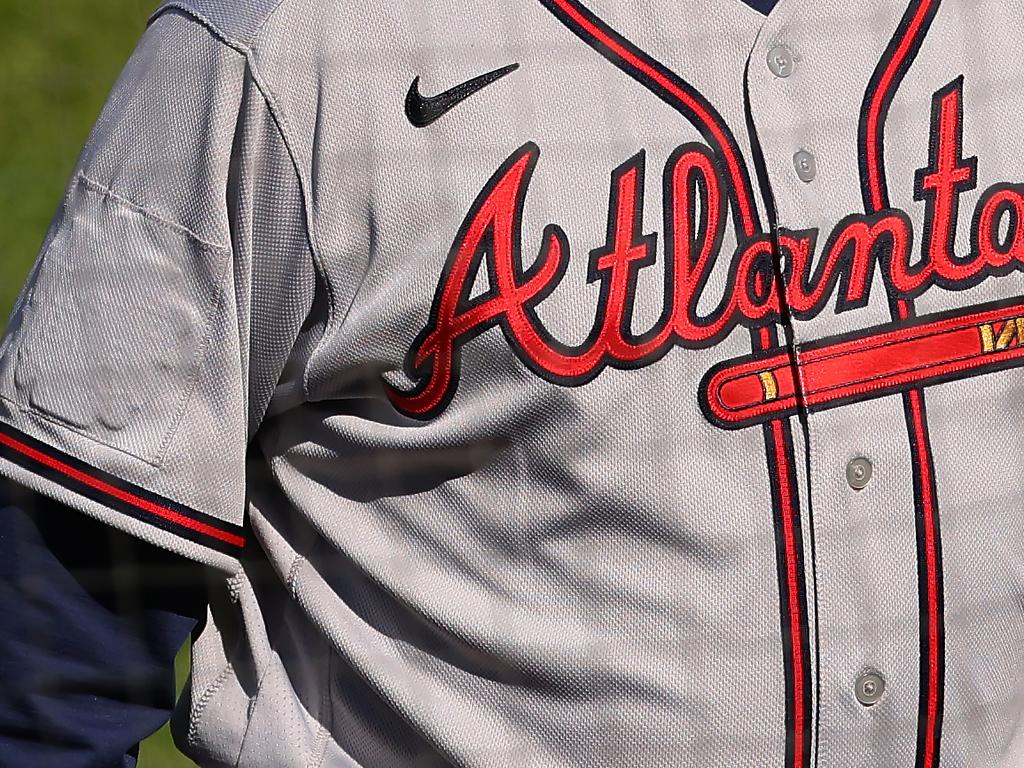
To a hypervigilant, unconscious-bias-trained, microaggression-sensitive ear, the juxtaposition alone is enough to pull all sorts of triggers.
By our new cultural rules, this weekend’s annual professional golf tournament, taking place at one of the most exclusive clubs in the old south, should be ripe for extinction or at least renaming and exporting to some more acceptable venue.
For one thing, “master” is rapidly joining the long list of unsayable words in America. Yale University recently announced that the name would no longer be used to designate the heads of its undergraduate colleges. This despite the fact that the term has nothing whatsoever to do with the one used for the monstrous men who owned slaves in the antebellum south, but is derived from magister, Latin for teacher, and was simply copied a couple of centuries ago, like most things at Ivy League universities, from Oxford.
But in modern America words, too, are now apt to be found guilty by association and subject to summary trial, conviction and dumping in the nearest river, along with statues of people mistaken for historical figures who might have had something to do with the 19th century.
The Masters is played a chain-gang’s day’s walk from the site of cotton fields in a former state of the confederacy, so it ought to be especially vulnerable to the tide of historical reparation. Augusta National, the club that hosts the event, did not allow black members until 1990. Its co-founder once pledged, “As long as I’m alive, all the golfers will be white and all the caddies will be black”.
But in this year of the Great Awokening there’s an even more obvious reason to expect the event to join the long list of the cancelled.
Georgia’s state legislature last month passed a new voting law designed to regulate the conduct of elections. If you’ve seen any coverage of the measure by the BBC, or almost any media organisation, you’ll think the law was designed to deter black Georgians from voting.
It is nothing of the sort. The law was designed to regularise voting and eliminate inevitable abuses after the highly permissive emergency arrangements put in place last year during the COVID-19 pandemic. In almost every respect the new law makes it easier for all Georgians to vote – in person, early or by mail – than it was before last year.
But Georgia is a Republican-controlled state and therefore, in our modern media taxonomy, inherently racist.
Aside from the usual grotesque journalistic malpractice, the episode has been most instructive for what it tells us about the dishonesty of the modern American corporation. Under pressure from news organisations and the social media mob, big companies with business in Georgia have raced to demonstrate their loyalty and denounce the state.
Coca-Cola and Delta Airlines, both based in Atlanta, issued damning statements. Major League Baseball, a multibillion-dollar business empire, announced it was taking its annual jamboree, the All-Star Game, out of Atlanta as punishment.
But woke capitalism is a pretty hollow thing and nothing illustrates that better than the Masters. The tournament itself is owned by the club that runs it, but that doesn’t mean big US companies can’t take a brave stand here, just as they have with baseball. Here’s the difference though. Major League Baseball can still host its event and get its money elsewhere: it has moved its midsummer game to Denver.
For CBS, one of the avowedly progressive media companies that has been most active in promoting the woke cause, that’s not an option. The Masters is a marquee television event that delivers strong ratings and confers great prestige, as well as financial returns. So the telecast will go on, doubtless with plenty of genuflections to the requisite political ideologies. The price of principle is just too high.
For the likes of Coca-Cola and Delta, public posturing is not only costless, it is probably revenue-positive.
The bosses calculate it’s much better to stay onside of a monolithic media which could otherwise wage a relentless campaign against you, inflicting enormous penalties in reputational damage. So they choose the low-cost option and avoid doing anything that might hurt the bottom line.
If the chief executive of Coca-Cola, a Brit as it happens, really believed in the nostrums of racial equity, he might consider the fact that half of adult African-Americans are clinically obese, compared with one-third of whites, and ponder the role Coke plays in pumping all that sugar into their veins.
If the CEO of Delta Airlines honestly believes the woke creed that people like him owe their extraordinary wealth and success to entrenched white privilege, he might want to examine his company’s own most successful people. According to its website, of Delta’s top dozen executives, not a single one is African-American.
You’d think they’d be able to find some way of getting a black person into a C-suite office, other than those who doubtless clean them every night.
Oddly, they’ve neglected these areas where they could really make a difference, presumably because it might actually involve real cost to themselves.
Which is the essence of woke capitalism. First and foremost it’s about protecting the interests of the people who run it.
They’ll make all the noises the progressives want them to make, mouth the proper orthodoxies, issue all the right press releases. But the real masters have no intention of letting go of their prizes.
The Times







The Masters, Georgia.